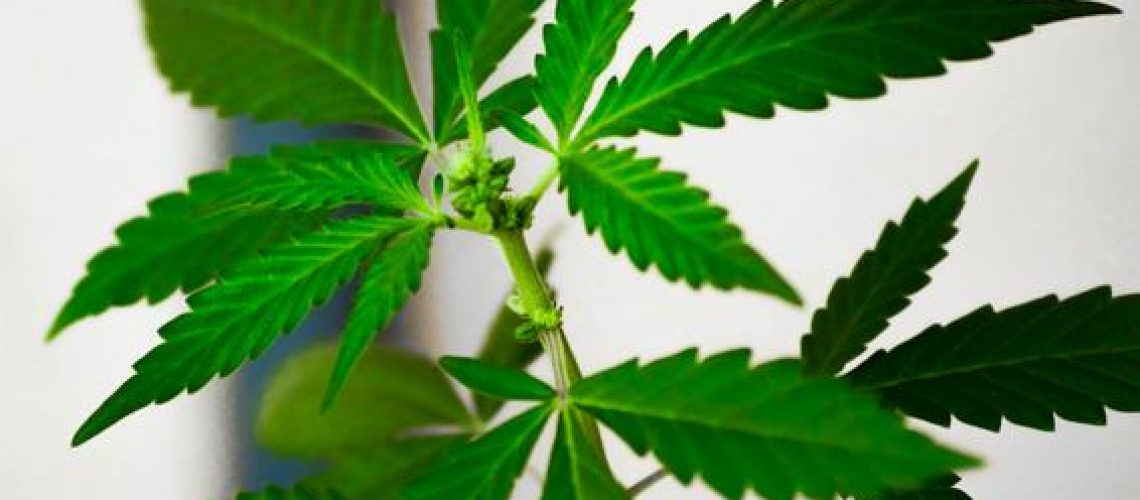You are here
Home 🌿 Medical Cannabis News 🌿 More Seniors Turning to Cannabis and Backing Its Legalization 🌿More Seniors Turning to Cannabis and Backing Its Legalization

Seniors’ use of cannabis and their support for its legalization is on the upswing.
According to nationwide polling data compiled by the Pew Research Center, nearly two-thirds (63 percent) of “Boomers” (those born in the United States between the years 1946 and 1964) now say that marijuana ought to be legal for adults. That percentage is up significantly from a decade ago, when fewer than one-in-three seniors endorsed its legalization.
Some of this change in attitude is arguably the result of more seniors having firsthand experience with cannabis. According to data published this month in the journal Annals of Internal Medicine, “From 2016 to 2018, cannabis use increased for men in all age groups and in most women. … Among those aged 65 to 69 years, cannabis use increased from 4.3 percent to 8.2 percent in men and from 2.1 percent to 3.8 percent in women.”
Why are increasing numbers of seniors turning to — or in some cases, returning to — cannabis? For starters, in many jurisdictions, marijuana’s legal status has changed. Medical cannabis is now legally available in 33 states and throughout Canada — providing many older adults for the first time with safe, above-ground, uninterrupted access to an array of marijuana products. This access is pivotal to older consumers, as the majority of seniors prefer non-herbal, non-smoked cannabis preparations, such as marijuana-infused capsules or edibles — preparations that are rarely available in the illicit marketplace.
Furthermore, seniors are becoming more familiar with and accepting of cannabis’ therapeutic properties. Not only are increasing numbers of seniors becoming aware that cannabis can mitigate many of the health-related symptoms that come with older age, such as chronic pain, but they also understand that it can do so with fewer side-effects than many prescription drugs, like opioids.
According to survey data compiled by the dispensary chain Verilife, nearly three-out-of-four Boomers define their marijuana use as “medical.” And increasing body of literature is affirming that it is safe and effective for them.
Specifically, data from Israel — where medical cannabis is available by prescription — finds that more than 90 percent of seniors engaged in cannabis therapy report improvements in their symptoms. Nearly one-in-five Israeli seniors surveyed also reported either ceasing or reducing their use of opioids, while the majority of respondents said that cannabis significantly improved their overall quality of life.
Studies from elderly patients in the United States show similar results. For instance, data compiled in 2019 by researchers affiliated with the University of Colorado School of Medicine reported that past-year cannabis use among those ages 60 and older “improved overall health, quality of life, (and) day-to-day functioning.” Separate data presented at the annual meeting of the American Geriatrics Society reports that more than half of seniors surveyed reduced their use of opiates following the initiation of medical cannabis.
Most recently, data published in August in the journal Clinical Gerontologist assessed seniors’ use of medical cannabis on health-related outcomes over a one-year period. Investigators reported a “strong positive association” between subjects’ frequency of marijuana use and self-reported improvements in pain, health-care utilization, and overall health-related quality of life. Participants failed to report any statistically significant association between medical cannabis use and adverse events.
This shift in the demographics of marijuana consumers holds significant political implications. Not only does it strengthen overall public support in favor of marijuana law reform, but it also galvanizes support among arguably the most reliable and powerful voting block — seniors. As their attitudes continue to evolve on cannabis, expect to see many politicians at the state and federal level shift their views as well.
420 Intel is Your Source for Marijuana News
420 Intel Canada is your leading news source for the Canadian cannabis industry. Get the latest updates on Canadian cannabis stocks and developments on how Canada continues to be a major player in the worldwide recreational and medical cannabis industry.
420 Intel Canada is the Canadian Industry news outlet that will keep you updated on how these Canadian developments in recreational and medical marijuana will impact the country and the world. Our commitment is to bring you the most important cannabis news stories from across Canada every day of the week.
Marijuana industry news is a constant endeavor with new developments each day. For marijuana news across the True North, 420 Intel Canada promises to bring you quality, Canadian, cannabis industry news.
You can get 420 Intel news delivered directly to your inbox by signing up for our daily marijuana news, ensuring you’re always kept up to date on the ever-changing cannabis industry. To stay even better informed about marijuana legalization news follow us on Twitter, Facebook and LinkedIn.




